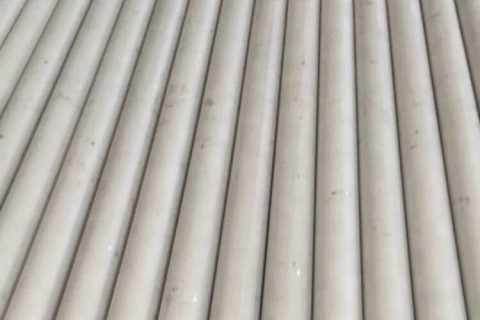316l is a great general purpose steel.
17 4 ph stainless steel vs 316l.
Stainless 316 is made up of 16 chromium 10 nickel and 2 molybdenum.
Stainless 304 usually consists of 18 chromium and 8 nickel.
The numbers 17 4 refer to its composition.
Known for its corrosion resistance characteristics stainless steel is a widely used alloy comprised of a minimum of 10 5 chromium by mass.
It contains approximately 15 17 5 chromium and 3 5 nickel as well as 3 5 copper.
Sae type 630 stainless steel more commonly known as 17 4 ph or simply 17 4.
Farmers copper is an industry leading stainless steel supplier.
17 4 and 316l stainless steel.
Both the grades i e.
Stainless steel pressure sensors and transducers are most commonly manufactured from either 316l or 17 4 ph.
Both 17 4 ph and 316 stainless steel castings offer high corrosion resistance.
The two steel grades are comparable in appearance chemical makeup and characteristics.
This article will focus on two types in particular.
17 chromium and 4 nickel.
17 4 ph stainless steel mechanical properties ak steel 17 4 ph stainless steel provides excellent mechanical properties.
Well 17 4 ph is a martensitic precipitation hardened steel that combines high strength and hardness with excellent corrosion resistance.
17 4 stainless steel also known as sae type 630 is a common and exceptionally durable type of steel used in a diverse variety of industries and applications.
It is also known as 630 stainless steel.
Also known as uns 17400 is a grade of martensitic precipitation hardened stainless steel.
For applications requiring high strength and hardness plus corrosion resistance this alloy is an outstanding choice.
Precipitation hardening grade is a combination of two stainless steel structures i e.
We maintain a large inventory of various stainless steel grades including 218 303 304 316 17 4 ph and more.
316l also offers excellent corrosion resistance and low levels of carbon which make it great for welding.
When you compare stainless steel 17 4 ph vs 316 for casting it is obvious that 17 4 ph has the higher hardening content.
Both materials are relatively inexpensive and easy to machine in comparison to high strength nickel alloys offer good material strength and good elasticity which allows for movement of a diaphragm.
In addition it is more cost effective than many high nickel non ferrous alloys.
17 4 ph vs 316 offer high corrosion resistance.
When you compare stainless steel 17 4 ph vs 316 it is obvious that 17 4 ph has higher hardening content.
Precipitation hardening grade is actually a combination of two stainless steel structures such as austenite and martensite.
The name comes from the chemical makeup which is approximately 17 chromium and 4 nickel.

